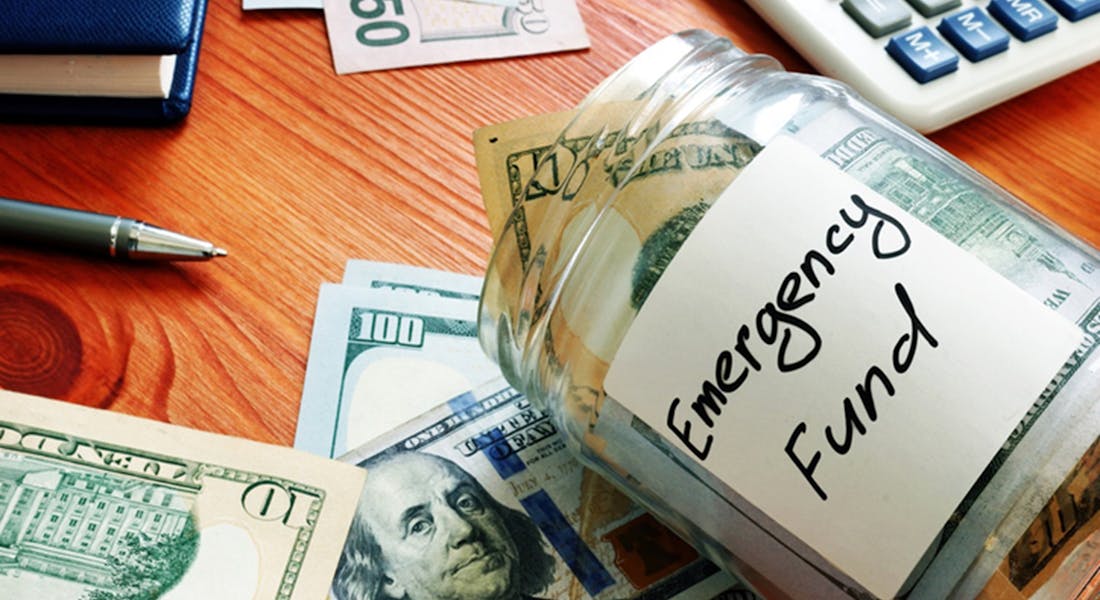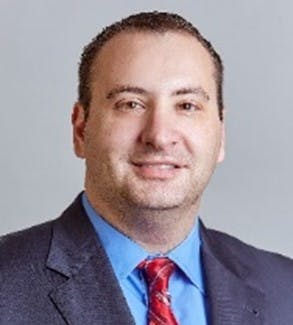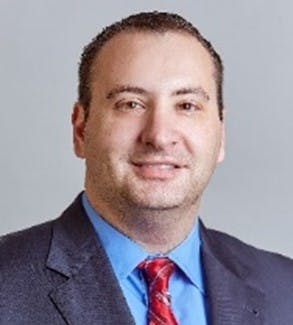Planning For Tomorrow
4 min read

Why Everyone Needs an Emergency Fund

by Travis Marks, CFP®, CFA®
Pension Boards-United Church of Christ, Inc.
Imagine your long-term financial plan is a road trip and your emergency fund as a spare tire that can keep you moving if you hit a pothole.
Without an emergency fund, most of us will end up stuck and accumulating more debt to cover unforeseen expenses. Let’s face it, unexpected expenses can occur anytime, and having a rainy-day fund can help alleviate financial stress and increase your peace of mind.
Why an Emergency Fund is Important:
- Financial Safety Net: An emergency fund serves as a safety net, providing a financial cushion to cover unexpected expenses such as medical emergencies, car repairs, or sudden job loss. It prevents individuals from going into debt or relying on credit cards during challenging times.
- Reduced Stress and Anxiety: Having an emergency fund in place alleviates the stress and anxiety that can arise from unexpected financial setbacks. Knowing you have a financial buffer gives you peace of mind and allows you to navigate unforeseen circumstances with greater confidence.
- Avoidance of Long-Term Debt: An adequately funded emergency fund helps you avoid falling into a cycle of debt, promoting long-term financial stability and independence.)
Follow these steps to build your emergency fund:
- Determine your required monthly expenses: These include groceries, housing, and clothing, but not occasional expenses like vacations or eating out. Remember to account for required expenses that occur less frequently, for example, your annual homeowner’s insurance bill. For expenses like this, determine the annual cost and divide it by 12 months.
- Set a savings goal: Once you have calculated your required monthly expenses, set a savings goal. Many financial planners recommend saving between 3-6 months of expenses in your emergency fund.
- Automate your savings: Establish a savings account for your emergency fund and set up automatic transfers from your checking account. Keeping your emergency fund in a savings account will help avoid impulse purchases.
- Rebuild and review: If you need to tap into your emergency fund, allocate money in a future month’s budget to rebuild your emergency fund over time. Also, periodically review your emergency fund goal since your required expenses may change over time.
Take action by creating your Emergency Fund Goal on Fidelity NetBenefits® > Plan and Learn. You can discuss your financial goals with a Fidelity Retirement Planner via PBUCC Member Services at 1.800.642.6543 from 8:30 a.m. to 9:00 p.m. ET.
Setting aside a dedicated fund for emergencies and unforeseen circumstances will help you build confidence in your future financial stability. By following these steps, you’ll build a financial safety net that allows you to reduce your stress and face these unexpected challenges head-on.
Prepare for the Unexpected
Having adequate emergency savings can make unforeseen unemployment, auto repairs, medical emergencies, property damage, and legal issues more manageable. The Emergency Savings Calculator helps you determine how much emergency savings you may need, and how you can begin saving toward this important goal.

by Travis Marks, CFP®, CFA®
Travis Marks, CFP®, CFA®, is the Director of Generations University for the Pension Boards, responsible for the education initiatives for Pension Boards members, employers, and internal staff. Prior to joining the Pension Boards, Travis worked as Senior Manager of the National Financial Education Practice (FEP) for PricewaterhouseCoopers. He has more than 16 years of financial planning, education, and management experience, and has a passion for helping people improve their finances.
“If you are feeling shackled down by debt…take advantage of the programs that the Pension Boards is providing.”Rev. Zack Jackson
Pastor, Open Table UCC in Pottstown, PA
RELATED ARTICLES
Why You Should Care About Estate Planning
POPULAR RESOURCES
Emergency Grants: When the Unexpected Happens
Sometimes those who serve the church encounter unexpected situations that present financial challenges. The UCBMA offers emergency grants for active or retired clergy, lay church workers, and Members in Discernment.